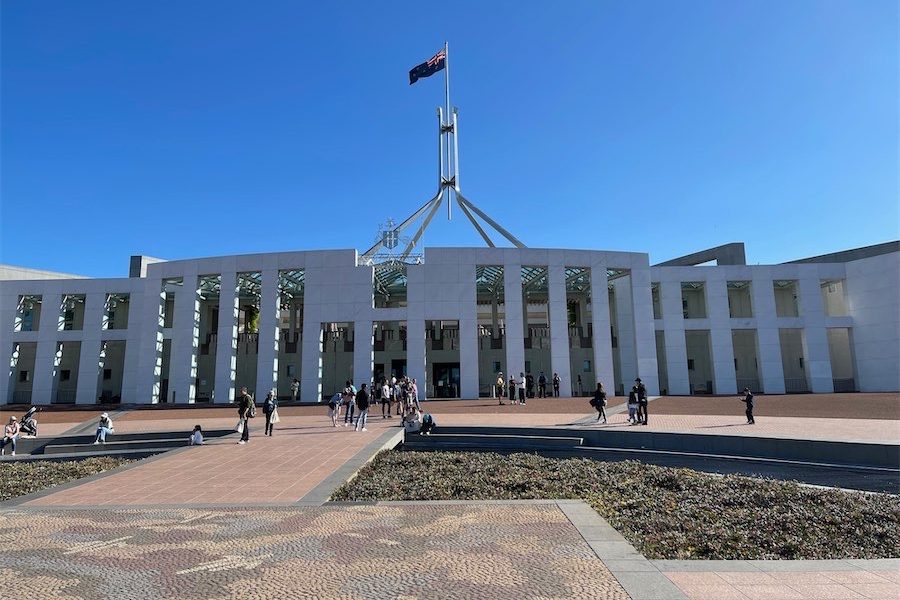
“There are thousands of Canberrans who saved for a rainy day, only to have it rain for years,” said Devin Bowles.
Dr Bowles was reflecting on the the latest ACTCOSS ACT Cost of Living Report that reveals persistently high inflation and high interest rates are exacting a devastating toll on low-income households and adding to demand for community sector services across the ACT.
“We are witnessing a once-in-a-generation economic shift that will grow the wealth gap and make Canberra a less fair place without decisive action,” the ACTCOSS CEO said.
“The ongoing cost-of-living crisis has extended the reach of financial stress to more and more Canberra households over the past year.
“It has also deepened the disadvantage of those Canberrans who were already struggling to make ends meet.
“While some households have needed to draw down on savings, reduce discretionary spending, or switch to cheaper brands of essentials, those living on the lowest incomes have had to make much harder choices, between turning the heating off or missing rental payments and risking eviction.
“While the rate of Canberra’s inflation eased in 2023 compared to the previous year, it remained high at 3.7%. For many households it has built on and ratcheted up the cumulative pressure from successive years of cost-of-living stress.”
The 2024 ACT Cost of Living Report reveals that over the past five years Canberrans have seen the prices of many essential goods and services rise above the rate of inflation. This includes education (+26.0%), housing (+22.8%), medical and hospital services (+22.4%), transport (+22.3%), childcare (+21.4%), food (+20.0%), and gas (+20.0%).
This has had a disproportionate impact on low-income households that spend more of their income on non-discretionary items. The combination of goods and services – including education and childcare – has resulted in a significant increase in the cost of raising children in Canberra, which has disproportionately affected families.
Dr Bowles said: “A flow-on effect of increased and persistent cost-of-living pressures has been an increase in demand for supports and services provided by our already overstretched and underfunded community sector here in the ACT.
“Case studies from community organisations presented in this year’s report demonstrate the critical role that our sector plays in supporting Canberrans through tough times. They show that financial stress is often a contributor to or an outcome of other challenges in people’s lives, such as domestic and family violence.
“The most valuable asset of the ACT is its human capital – and as a community we are allowing this to be squandered during the cost-of-living crisis. Broadening and deepening poverty is locking up our collective human potential.
“Nowhere is this trend clearer than among our children. Financial stress is not only forcing some families to compromise on essentials, but has knock-on effects for the wellbeing of children and young people.
“Across the country, children experiencing poverty have poorer academic outcomes than other students. Sadly, the ACT is behind only the NT in our inability to effectively enable students from families experiencing poverty to access the full benefits of education.
“The principle that poverty inhibits people from realising their full potential, for themselves as well as their communities and the broader economy, applies to people of all ages.
“As candidates and voters prepare for the ACT election in October and a federal election by May next year, ACTCOSS is keen to draw their attention to this report, which calls for a range of government actions to alleviate cost of living for low-income households and to ensure we have a thriving and sustainable community sector that is accessible by all Canberrans”.
Who can be trusted?
In a world of spin and confusion, there’s never been a more important time to support independent journalism in Canberra.
If you trust our work online and want to enforce the power of independent voices, I invite you to make a small contribution.
Every dollar of support is invested back into our journalism to help keep citynews.com.au strong and free.
Thank you,
Ian Meikle, editor





Leave a Reply